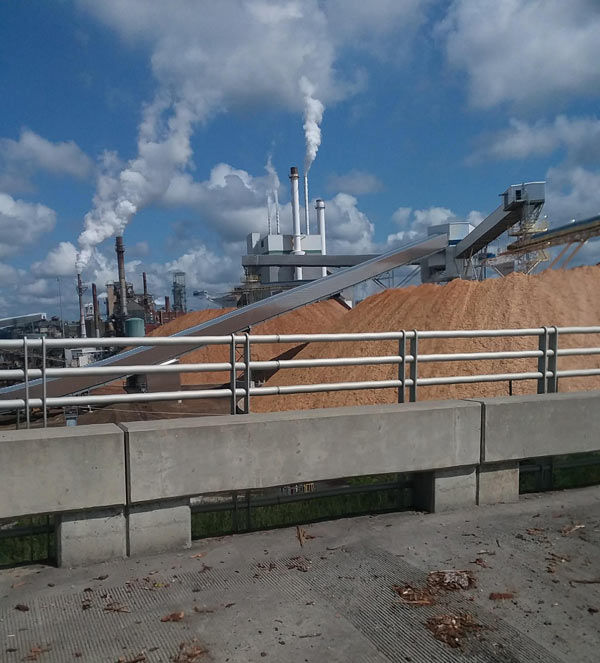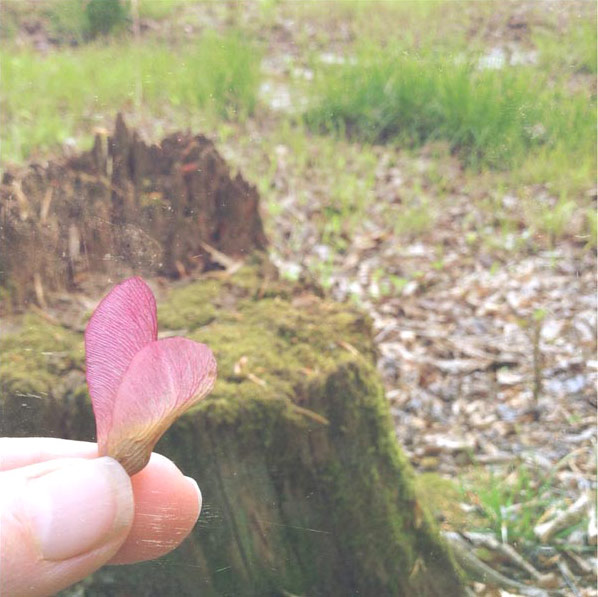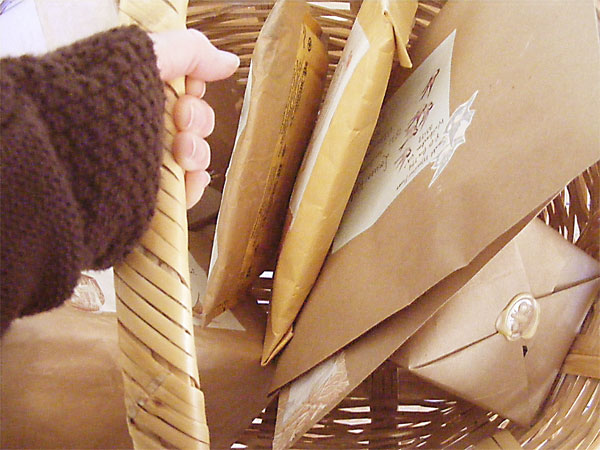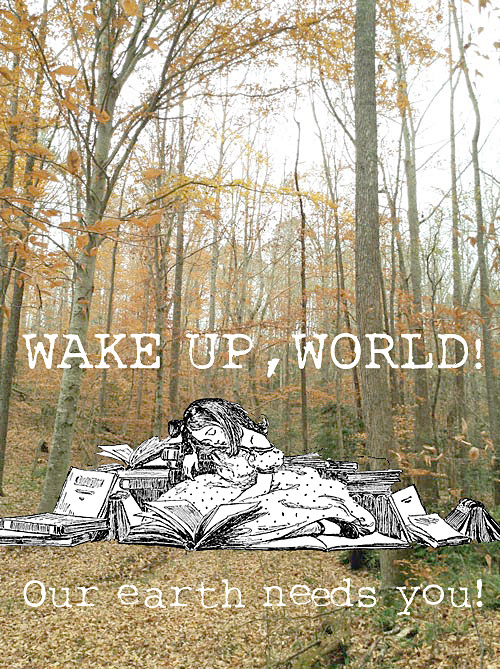
“The world is too much with us, late and soon,
Getting and spending, we lay waste our powers;
Little we see in Nature that is ours;
We have given our hearts away, a sordid boon!”
~Wordsworth
I shared this quotation in the very first blog post I ever wrote in 2006…and that was when shopping online mostly meant buying books occasionally, for our home-school. Thirteen years later, shopping online has become “normal”-for almost anything you can imagine. And thirteen years later, I understand we’ve given away more than our hearts…we’ve given away the earth, our home. And given it to mostly to corporations, who care more for making money than anything else.
In the next few posts here, as briefly as I can, I want to share about a few essential, foundational shifts it seems to me we need to make, to have a hope of making a difference. After these posts, I would like to begin a Make Do & Mend the Earth film festival, sort of like a book club, where we watch something and then come here to have a conversation about it. We will begin with the first episode of Wartime Kitchen & Garden. There is just so much in these shows that sparks both the way of thinking and the ways of living that need to become our new normal, and they deserve our attention. These will be another sort of foundation for to focus upon while the rest settles into place.

ONLINE SHOPPING & AMAZON.COM IN PARTICULAR
The most difficult aspects of living out in the countryside as we do are the very things that have taught me about some realities that you miss out on if you live elsewhere…the fields drenched with chemicals for growing animal feed for factory farmed animals, the mining of clay for kitty litter, the countless acres of trees logged all the year round for cardboard boxes.
Each time I drive into town, the halfway point is a very small town on the river, dominated by a factory that makes cardboard. It was never a joy to pass it and see the piles of dead trees awaiting processing, but in the past several years, it has become such a heaviness…as the piles have quadrupled, joined by mountains of wood chips, and the factory itself has been expanded. All as a result of the many-times-more-than-quadrupling of our online shopping. The roads between this factory and my home are now always populated with tractor trailer trucks delivering logs and chips all day long. We have to be much more careful with so many of these huge, unwieldy mammoths driving along our small roads. I’m sure people have lost their lives to them, as I know they have from the tractor-trailer trucks that deliver trash to a landfill aways down another road near us. It’s the sort of thing you might never think of if you live elsewhere, but it is something we are all a part of, awareness or not…
…if we buy things that are not made locally
…if we create trash
…if we order online…especially with quick delivery…especially if we order from Amazon.com

Tho’ my head and heart had been making the connections between the trees, the factory and the trucks and me, it took my body to show me all I was ignoring. My hands, one day, told me how tired they were of pulling tape off cardboard boxes, and stuffing that plastic tape in the trash, knowing there was no place for it but a landfill (“landfill”…what a terrible word for what it is!) They told me through their reluctance in the adding of styrofoam peanuts or those air-filled plastic pillows to the big bag in the basement, the big bag that we took to the packaging store in the hopes they would reuse them. And they told me of their weariness of trying to decide whether to keep, reuse or recycle the only once-used cardboard…and of the folding…and of the taking to the recycling place.
In 2017, I gave up ordering from Amazon.com entirely. Since then, I’ve reduced my online ordering to necessities that I can’t get locally…mostly the tree-free paper for my business. Very occasionally I buy something used online, if it can’t be had locally, and I always request (and often receive) used cardboard packaging with little or no plastic.
Amazon.com is my particular focus because it is symbolic of so much that is wrong with the way the world works and needs to stop being supported, needs to stop growing. Once you break this habit, it makes the others easier. Go cold turkey and you will find you feel only warmth and restfulness and resourcefulness at the ready, to lead you back towards a more peaceful, uncluttered life.
Here is some of what I know about Amazon.com…
…Amazon.com cares very little about their impact on the earth. They have promised to make a few shifts recently when more than a thousand employees in their headquarters threatened to walk out if they didn’t. But if you delve into the company or its founder even a little, you will find that it is mostly only interested in making huge profits, that it gets out of paying taxes on, and in making people as dependent upon it as possible.
…Amazon.com (and those who support it) are responsible for the demise of local shops, especially bookshops and have twisted the book publishing business into a soulless thing.

…Amazon.com is intent on worming its way into our homes and lives and culture in whatever ways it may, with devices made with precious metals mined in poor countries around the world that are merely toys of “convenience” (yes, Alexa and its ilk…I won’t call that plastic bundle of AI and listening capabilities a “her”) and with their focus on urgency and enticement with quick deliveries and a psychologically-manipulative website…
…The man behind it all is the richest man on the planet. He could do more than anyone else to fund the mending of the earth, the saving of the real Amazon, the righting of the ship that is our consuming-obsessed society…yet he doesn’t. He does very, very little in the way of mending or helping or even taking responsibility for what he has created.
…I could go on and on, as there it little good to say about Amazon.com and so much that is bad, destructive and depressing. But there is a new-to-me aspect that overwhelms all of the others that I first learned about on the Sept. 18th episode here, that I followed up learning about in this article…
The High Price of Fast Delivery
For days after hearing about this (those connections, again) I felt sickened that a sweet nine-month-old baby, an elderly grandmother and so many others have been killed because Jeff Bezos has created (and the world has bought into) the “need” for things fast and cheap. If you feel tentative about ending your relationship with Amazon, please read and listen at those links…people’s lives depend upon it. The quality of your life depends upon it. And the reality of keeping all our lives from becoming something like the movies we used to think were about a faraway future with drones delivering packages and retina scans instead of shopkeepers who recognize us, depends upon it.

As easily as I began my relationship with Amazon.com, I ended it. It hasn’t been difficult at all. Just the opposite, it has been only a relief. The UPS man is rarely seen coming up our driveway. I spend much less money and time and-especially-precious energy searching and making decisions (and dealing with the problematic aftermath of packaging and regret.) Not shopping online, or shopping only with those people and companies who honor the earth, honor life, honor slow…is not a hardship. It is a perfect example of the goodness of Making Do. It’s surprising how quickly most of us were lured into the shift towards online shopping, and perhaps equally surprising how easy it is to shift back. It wasn’t all that long ago that we didn’t live this way. We just need to remember. And remember that our work now is to wake up to all the ways there are to Mend the Earth (and ourselves…)

~How to let Amazon.com know when you stop supporting them…that is the ingredient that we need to figure out. And how to gently respond to all of the times someone in conversation (in real life or online) points others to Amazon.com to buy something or mentions “Oh, I got that on Amazon.” Any ideas?~





Tonya Gunn October 8, 2019 at 2:08 pm
This topic is near and dear to my heart. Amazon represents the evils of capitalism – that greed is the only goal. Bezos has a 600 million dollar contract with the CIA – let that sink in. He owns the Washington Post – think about that. So many people think that they can’t make a difference but I think this is the ONLY way we can make a difference today and if millions of people do….our main streets might come back to life, our earth will breath a little easier, our relationships might become stronger with other human beings as we actually take the time to walk into a store front. Workers might get paid better wages doing work that has more meaning as more small businesses pop up – from manufacturing, artisan shops, family run hardware stores, etc….
#boycottamazon Let’s do this – stop supporting Amazon and take time and care for every item that comes into our homes. Thank you for this wonderful discussion Leslie.
Lesley October 8, 2019 at 5:56 pm
Oh, Tonya, such a relief to find a sister-in-arms about this! I just visited the #boycottamazon hashtag at Instagram and tho’ I wish there were many more using it, it’s so good to see other people who’ve made the connection sharing about it.
I think I will make an attractive image to share with a message with something like “I’ve quit supporting Amazon.com” so the shift could be easily shared. Seeing evidence of others doing it often gives us “permission” to do the same.
Thank you so much for your thoughts.
tonia October 8, 2019 at 8:03 pm
Oh I was JUST wishing for a button or something to put on my blog. That would be a great way to spread the idea (and to keep me accountable!)
Also, I watched the Wartime Kitchen and Gardens while I was sick! It was so interesting. I started watching 1940s House too and it was pretty informative as well – though more like reality tv. 🙂 I agree, it’s super helpful to SEE these things in action. Like visiting a grandmother’s house and learning by watching.
Lesley October 10, 2019 at 8:35 am
So true. And especially helpful for those of us who didn’t have such a grandmother to visit. : )
Anna October 8, 2019 at 10:47 pm
Such a wonderful post Lesley! I hate ordering things online, due mostly to the packaging waste. I have a large box of all the packaging materials saved up, but it’s getting unwieldy. I’ve been boycotting buying from Amazon.com for a while now. I’ve mostly convinced my husband to stop too (we buy so little online that I don’t even remember the last time it might have happened). I was heartbroken when Amazon bought Whole Foods, as it was the only place I could get certain organic ingredients since we don’t have a good food co-op here (probably driven out by all the Whole Foods). Now we drive a bit further to shop at Wegmans for what we can’t get at the local farms or farmer’s market.
I look forward to watching that episode of wartime kitchen and garden soon!
Lesley October 10, 2019 at 8:43 am
I’ve heard from several women and can say from my own experience that convincing husbands can be a real challenge, tho’ slowly but surely it seems to be working in our household.
Hoping you have days ahead without a box of packaging materials to wring hands over…and a simpler shopping round, eventually.
Your instagram posts are such an inspiration! Am following now (and don’t know why I haven’t been. : )
Patricia Koernig October 9, 2019 at 4:00 pm
Excellent post. I am an avid Amazon boycotter. I recommend reading the book Nomadland by Jessica Bruder.
Blogs like yours give me hope.
Thank you.
Patricia/Fl
Lesley October 10, 2019 at 8:45 am
Thank you for responding, Patricia, it means a lot!
Gracie October 27, 2019 at 5:44 pm
I think about this a lot, and I find myself vacillating in what is the “best” good. For example: I live forty-five minutes from a city. I want to use the biodegradable toothbrushes, not the plastic ones. Do I order biodegradable toothbrushes from Amazon, or do I drive to the city to look for them? My toothbrush-hunting time is limited, because I’m also trying to raise food and cook whole foods and homeschool my kids and work from home… so I never feel comfortable with any solution, and I don’t know on which horn of this dilemma to impale myself. Which is the lesser evil?
Lesley October 28, 2019 at 10:55 am
Hello Gracie,
I used to spend more time impaled on those dilemmas and still spend some, of course…but I see it differently now. It’s the difference between zero-waste and making do, really. As deeply distressing as all of the plastic pollution is, I am realizing that for myself, it is much more important to not support amazon.com and contribute to all of the shipping and dangerous driving, etc, than it is to worry over a few toothbrushes…or dental floss…or…
Bamboo toothbrushes usually still have plastic bristles or factory-farmed animal bristles. Until we come up with a better way to care for our teeth (and I am going to ponder this with my holistic-leaning dentist next time I see him) *just do the best you can, as locally as you can.* Voting with our dollars in the most impactful way (with food, with energy, with what we feel most deeply about) is where I try to put more of my energy now. Tho’ I did used to research all of these things until I was drained. : )
We live an hour away from a city, but once or twice a year, I go by the independently-owned natural foods shop and see what they have to address our needs. A few years ago, I bought a Radius toothbrush (handle made from repurposed materials and everything else is done pretty thoughtfully) there and buy replacement heads once a year there, as well. I am very satisfied with it and it is one thing that I don’t have to have those dilemmas about any longer.
Hope this helps?
Gracie October 28, 2019 at 1:08 pm
Thank you, this does help: *just do the best you can, as locally as you can.*
It’s so frustrating to live in a situation in which it seems that there are no good options; and maybe that’s part of the lure of Amazon – finally, with everything available instantly, I could be the girl who Got It Right. But no, it’s a false promise.
I’m so grateful for the conversation happening in this space – I’ve spent so many hours thinking about this sort of thing, alone in my head – good to know there are others out there!